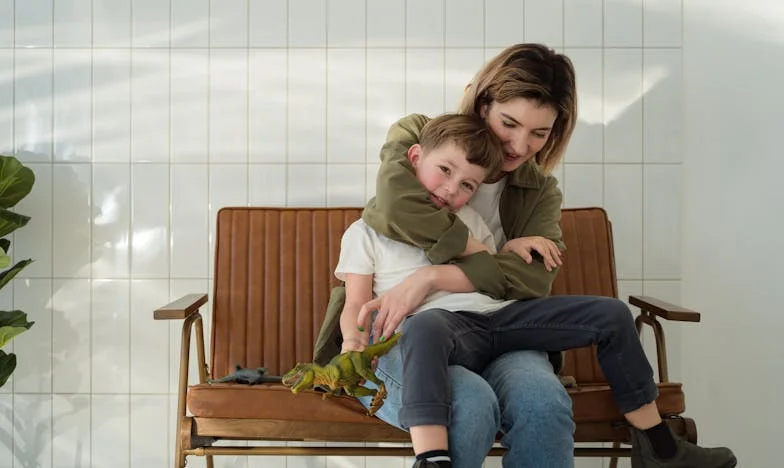“After Her Husband Passed, My Mother-in-Law Asked to Move In With Us: At 55, She’s Too Young to Be So Helpless”
It was a crisp autumn evening when Scott and I sat down at our kitchen table, the one that had seen countless family dinners and late-night conversations. This time, however, the mood was somber, the air thick with unspoken tension. Ellie, Scott’s mother, had just lost her husband, Robert, to a sudden heart attack three months prior. At 55, she found herself alone in the house they had shared for over 30 years.
Ellie had always been a vibrant, independent woman, but the loss of Robert seemed to have sapped her of her usual vigor. Lately, she had taken to calling us almost every day, her voice tinged with a sadness that was hard to ignore. She spoke of feeling unwell, of the loneliness that enveloped her sprawling home, of feeling unloved and neglected. It was clear she was suffering, but her portrayal of utter helplessness felt exaggerated to me. After all, she was only 55 and in reasonable health.
One evening, Ellie’s voice came through the phone, more despondent than ever. “Scott, I can’t do this alone anymore,” she confessed. “I miss your father terribly, and this house… it’s just too much. Could I… maybe come and stay with you and Ruby for a while?”
Scott, ever the dutiful son, was quick to agree. “Of course, Mom. We’ll figure something out,” he assured her, casting a glance my way. I forced a smile, hiding my reservations. Ellie was family, after all, and family sticks together. But deep down, I feared what her moving in might mean for our marriage and our own family plans.
The following week, Ellie moved into our guest room with her myriad of belongings, turning it into a miniature version of her old home. Days turned into weeks, and Ellie’s presence became a constant in our lives. She depended on Scott for everything, from grocery shopping to managing her finances, and her health complaints seemed to multiply by the day.
I watched as Scott grew increasingly weary, torn between his roles as a husband and a son. Our conversations grew shorter, our moments alone rarer. I tried to be supportive, but I couldn’t shake the feeling that Ellie was manipulating her son’s emotions to fulfill her own needs for attention and companionship.
One evening, as I lay in bed waiting for Scott to finish helping Ellie with her medication, I realized how strained our relationship had become. The laughter and ease that had once defined us were replaced by a heavy silence, filled with Ellie’s never-ending needs.
Months passed, and the situation didn’t improve. Ellie showed no signs of wanting to regain some independence or find a community of peers. Instead, she seemed to settle deeper into her role as the needy widow, and Scott, bound by guilt and duty, catered to her every whim.
One cold winter night, as I sat alone in the living room while Scott attended to Ellie, I understood that this was our new normal. Ellie might have moved in to escape her loneliness, but in doing so, she had unwittingly sown the seeds of isolation in our marriage. As I watched the snow fall silently outside, I couldn’t help but feel that we were all trapped in a situation with no clear end in sight, each of us lonelier than ever.
